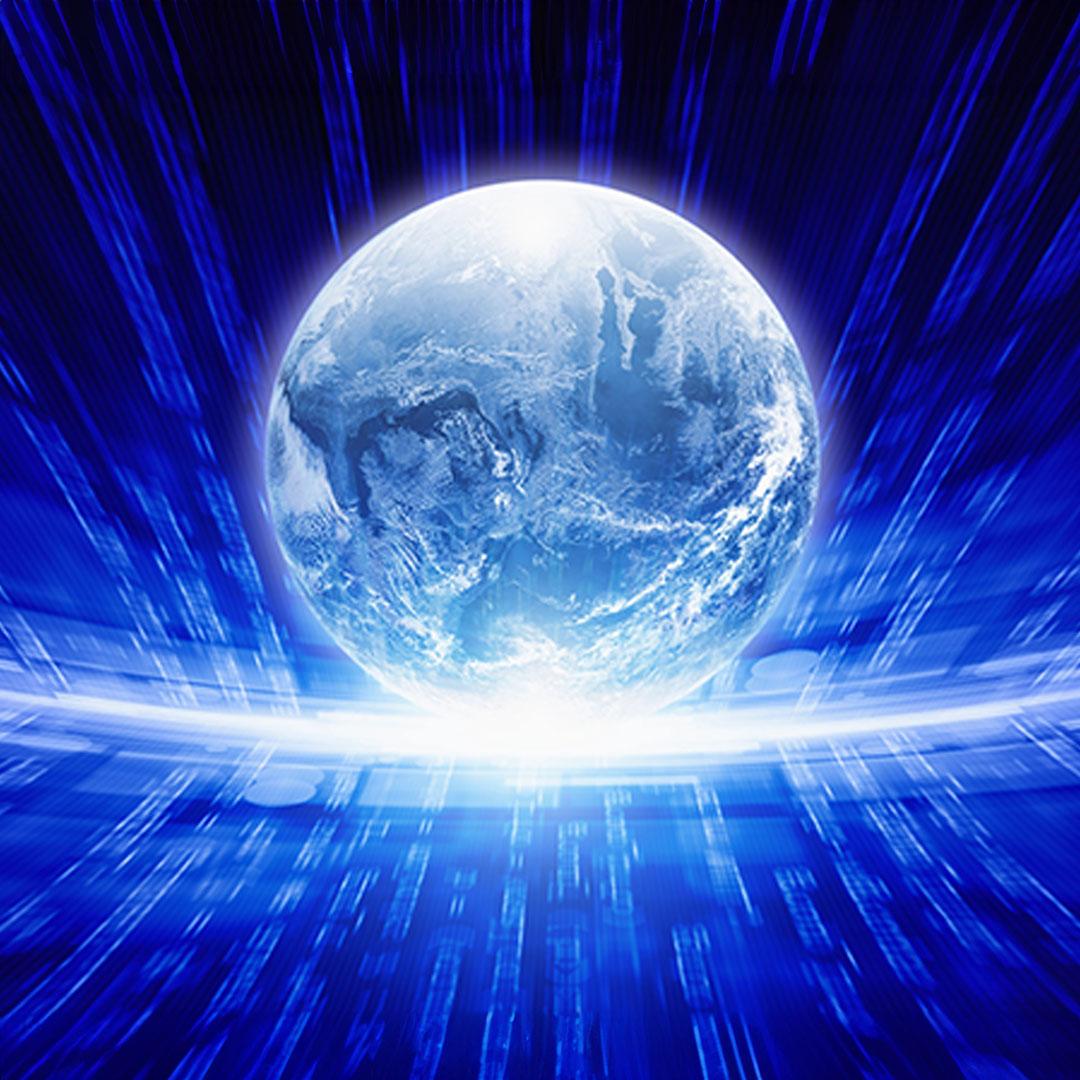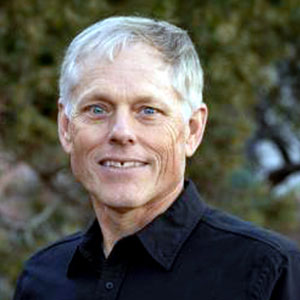
Event Details
When:
-
Location:
Online: Zoom
In-Person at WWU:
Academic West 204
Price:
Free
Brought to you by:
College of the Environment, The Foundation for WWU & Alumni
Description
Check out this video to watch the Building a Transparent Earth for a Safer Tomorrow - The Changing Landscape of Science and Its Impact on Environmental Policy.
The relationship between science and policymaking is complex and multifaceted. Policymakers are faced with the unenviable task of integrating social aspects (economic, social, and political considerations) with the latest scientific research. The Los Alamos National Lab (LANL)—one of the Department of Energy's 17 National Labs—plays a key role in providing this scientific research. The National Labs tackle the critical scientific challenges of our time—from combating climate change to discovering the origins of our universe—and possess unique instruments and facilities, many of which are found nowhere else in the world. LANL addresses large scale, complex research and development challenges with a multidisciplinary approach that is unique in our country's research portfolio (which includes academia and private industry).
During the past five years (or so) we have seen the beginnings of a “fourth age” of scientific research, driven by advances in high performance computers, artificial intelligence/machine learning, and a dramatic increase in the amount and quality of data. This fourth age of research will have profound implications for the way science informs policy decisions at the national level. In this talk, David Coblentz will review the history of science at LANL, show several examples of the current state-of-art earth science research, and discuss how the latest computing resources at LANL are providing a way to build a metaphorical "Transparent Earth" which allow predictions of earth processes at unprecedented scales and resolution. Looking forward, this new frontier of earth science research will fundamentally change both the scientific questions we can address and the type of information that will be available for policy development and decisions.
The Environmental Speaker Series is free and open to the public. Talks are held each Thursday at 4:30pm in Academic Instructional Center West, room 204. Join us at WWU or online on Zoom!
Featuring:

David Coblentz, PhD, Speaker
Staff Scientist and Group Leader in the Earth and Environmental Sciences Division at the Los Alamos National Laboratory
David Coblentz is a Staff Scientist and Group Leader in the Earth and Environmental Sciences Division at the Los Alamos National Laboratory. His group includes about sixty scientists working on the geophysical aspects of national security earth science in seismology, computational geomechanics, and remote sensing. He conducts research in solid earth geophysics, geodynamics, and tectonic stress modeling - specifically the interface between the surface of the earth and underlying geologic processes. He is also active in tectonic geomorphology research, specializing in the quantitative analysis of topographic fabric and its relationship to the underlying geology and regional distribution of biodiversity. His most recent work focuses on speculative geodynamics research which seeks linkages between global-scale plate tectonics and geoecology. In his free time, David enjoys running long distances in the mountains and fostering kittens. He has a BS in Physics from the University of California, San Diego, a MS in Geophysics from Boston College, and a PhD in Geophysics from the University of Arizona.
Questions and Accommodations
Contact The Foundation for WWU & Alumni for this event if you have questions or need disability accommodations by calling (360) 650-3353 or emailing Alumni@wwu.edu.
Advance notice for disability accommodations and special needs is greatly appreciated. Please indicate your special needs on the registration form. There will be auto-captions available for the Zoom webinar.
Limited paid parking is available in the C lots at the south end of campus and in lots 6V and 7G at the north end of campus. Western provides comprehensive parking details—including lot locations, applicable fees, and campus map. Please note that parking in the C lot and 12A by Fairhaven College is free after 4:30pm on weekdays and all hours on weekends.
The views expressed by our speakers do not necessarily reflect those of Western Washington University.